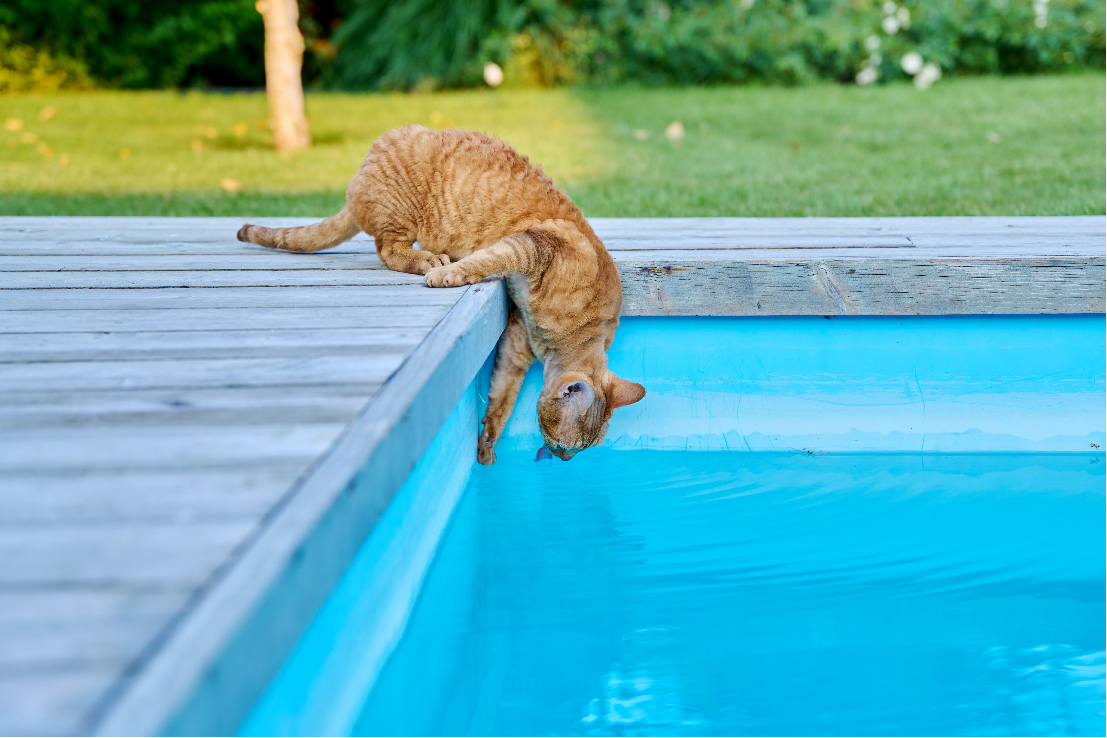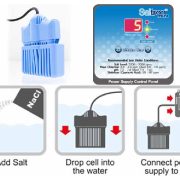
Borate in Swimming Pools: An Alternative Approach to Pool Maintenance
Understanding Borates, Their Benefits, and How to Balance and Use Them in Your Pool
Introduction
Borates have gained popularity in recent years as an alternative or supplement to traditional chlorine-based pool maintenance. As a versatile and efficient pool additive, borates can provide various benefits, such as improved water balance, algae control, and enhanced swimmer comfort. In this article, we will discuss what borates are, their uses, how to balance them in your pool, and their pros and cons compared to chlorine.
What are Borates?
Borates are chemical compounds derived from boron, a naturally occurring element found in rocks, soil, and water. In swimming pools, borates are typically used in the form of sodium borate, boric acid, or borax. They function as a pH buffer and an algaecide, helping to maintain water balance and prevent algae growth.
Uses of Borates in Swimming Pools
- pH Buffer: Borates help stabilize the pool’s pH levels, reducing the need for frequent pH adjustments and resulting in more stable water chemistry.
- Algae Control: By inhibiting the growth of algae, borates reduce the need for high levels of chlorine or other sanitizers to keep the pool clean and clear.
- Water Clarity: Borates can improve water clarity by enhancing the effectiveness of pool sanitizers and reducing the formation of chloramines.
- Swimmer Comfort: With borates in the pool water, swimmers may experience reduced eye and skin irritation, as well as softer-feeling water.
Balancing Borates in Your Pool
- Test the Water: Before adding borates to your pool, test the water to determine its current borate levels. This can be done using a borate test kit or test strips.
- Determine the Target Level: The recommended borate concentration for swimming pools is between 30 and 50 ppm. Consult your pool professional or the product manufacturer for guidance on the appropriate level for your specific pool.
- Choose a Borate Product: Select a borate product, such as sodium borate, boric acid, or borax, that is suitable for your pool type and compatible with your existing pool chemicals.
- Follow the Manufacturer’s Instructions: Carefully follow the manufacturer’s instructions for adding the borate product to your pool. This may involve dissolving the product in water before adding it to the pool or broadcasting it directly into the pool water.
- Monitor and Maintain: Regularly test your pool’s borate levels and make adjustments as needed to maintain the recommended concentration.
Pros and Cons of Borates vs. Chlorine
Pros:
- Improved Water Balance: Borates help stabilize pH levels, reducing the need for frequent pH adjustments and resulting in more stable water chemistry.
- Reduced Algae Growth: Borates inhibit algae growth, decreasing the reliance on high levels of chlorine or other sanitizers.
- Enhanced Swimmer Comfort: Borates can reduce eye and skin irritation and provide a softer feel to the water.
- Lower Chlorine Demand: With improved water balance and algae control, borates can reduce the overall demand for chlorine, potentially saving on chemical costs.
Cons:
- Not a Complete Sanitizer: Borates are not a standalone sanitizer and must be used in conjunction with a primary sanitizer, such as chlorine or bromine, to ensure proper pool disinfection.
- Additional Cost: The use of borates adds an extra cost to pool maintenance, as you will need to purchase borate products in addition to your primary sanitizer.
- Handling and Storage: As with any pool chemical, proper handling and storage of borate products are required to ensure safety and effectiveness.
Borates offer an alternative approach to pool maintenance that can complement traditional chlorine-based methods. By improving water balance, inhibiting algae growth, and enhancing swimmer comfort, borates can provide a range of benefits for pool owners. However, it is essential to remember that borates are not a standalone sanitizer and must be used alongside a primary sanitizer to ensure a safe and healthy swimming environment.
To properly balance borates in your pool, it is crucial to test the water, determine the target borate level, choose an appropriate borate product, and follow the manufacturer’s instructions for application. Regular monitoring and maintenance of borate levels are necessary to maintain the recommended concentration.
When considering the use of borates in your pool, it is essential to weigh the pros and cons against traditional chlorine-based methods. While borates can offer improved water balance, reduced algae growth, and enhanced swimmer comfort, they do require additional costs and cannot function as a complete sanitizer. By understanding the benefits and limitations of borates, pool owners can make an informed decision about the most suitable pool maintenance approach for their specific needs and preferences.




